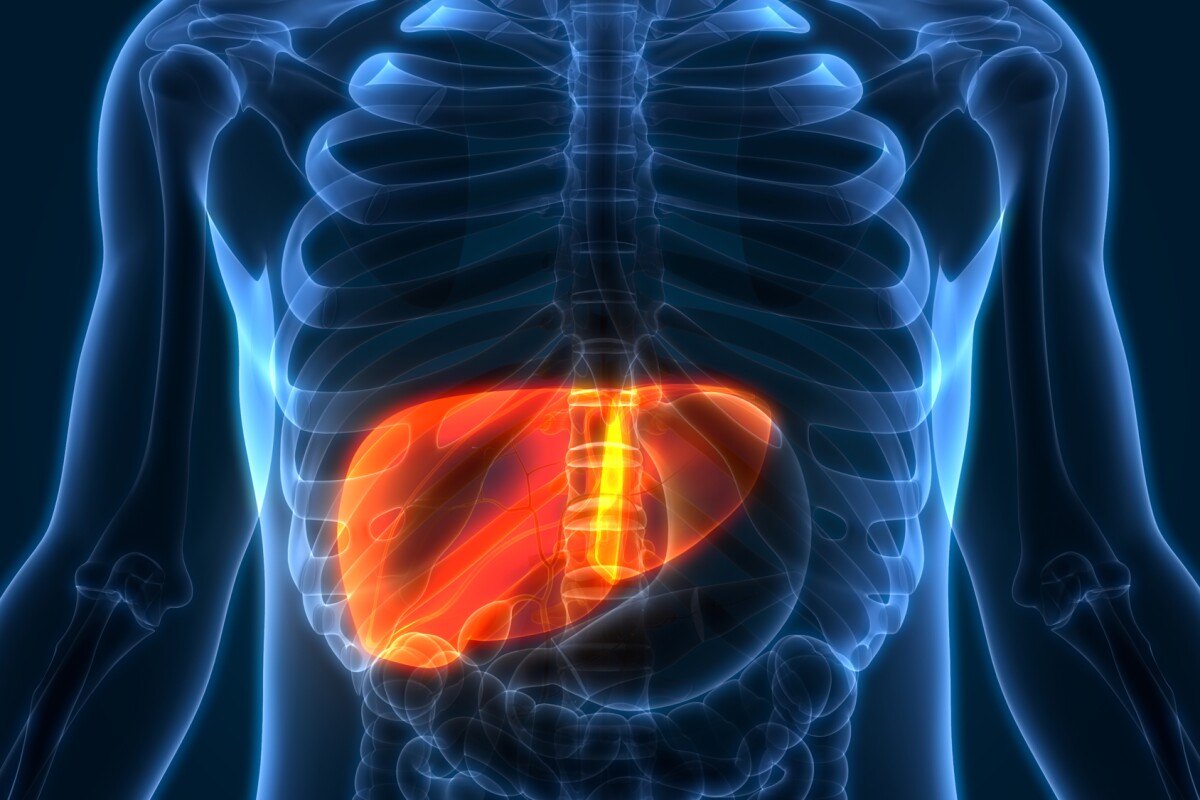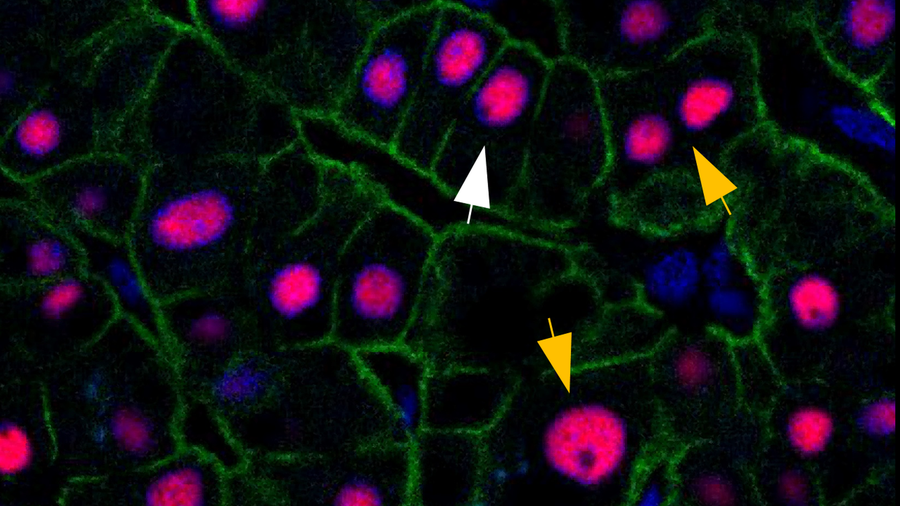
This is a welcome reminder that at least one organ in our body is essentially immortal. This also suggests that the rest is not impossible either.
It all still has to be managed by our spirit body, but that happens anyway.
Again, I am teaching that the prime purpose of meditation is to allow the other side to open up the INNER SUN to your control to allow saturation of your spirit body. such saturation allows your physical body to be restored to prime condition around 32 years of age.
This is not a quick process, but it has been shown to me once and also once to certain friends. But really never twice which tells me we may not be ready. at least I already knew enough physics to understand what was happening. That may have also been important.
Your liver stays just three years old on average throughout your life
By Michael IrvingJune 02, 2022
Researchers have calculated the average age of human liver cells and found that they remain about three years old, no matter the age of the person
https://newatlas.com/biology/liver-cells-aging-regeneration/
The liver can regenerate itself after taking damage, but whether that ability fades as we age has long been unknown. A new study has found that age doesn’t slow down the liver’s regeneration, and whether you’re 20 or 80, your liver is on average just three years old.
The liver has the hazardous job of detoxifying the body, and because of its regular exposure to toxins, it risks more injury than most organs. To keep us healthy throughout our lives, the liver has developed a remarkable regenerative capacity, unique among organs. But how exactly it pulls off the feat – and whether it slows with age – has remained a mystery that animal models have been unable to clarify. So for the new study, researchers at TU Dresden wanted to find out.
“Some studies pointed to the possibility that liver cells are long-lived while others showed a constant turnover,” said Dr. Olaf Bergmann, corresponding author of the study. “It was clear to us that if we want to know what happens in humans, we need to find a way to directly assess the age of human liver cells.”
To find their solution, the team turned to an unlikely source – the nuclear tests of the 1950s. When the nukes were detonated above ground, huge amounts of radiocarbon were blasted into the atmosphere, and subsequently taken up by plants and animals into their very DNA. After above-ground nuclear testing was banned in 1963, atmospheric levels of radiocarbon has dropped year on year – and so did the levels in the cells of organisms.
“Even though these are negligible amounts that are not harmful, we can detect and measure them in tissue samples,” said Bergmann. “By comparing the values to the levels of atmospheric radiocarbon, we can retrospectively establish the age of the cells.”
To put the idea into practice, the team analyzed the radiocarbon levels of the livers of 33 deceased people between the ages of 20 and 84 years. And sure enough, they found that the organ was roughly the same age – a little under three years old on average – no matter the age of the person. But not all cells in a given liver were the same age – some were found to regenerate every year or so, while others could stick around for as long as a decade. Intriguingly, the longer-living cells were those that had accumulated more sets of chromosomes.
The white arrows indicate liver cells with the usual two sets of chromosomes, while the yellow arrows are cells that accumulate more
TU Dresden
“Most of our cells have two sets of chromosomes, but some cells accumulate more DNA as they age,” said Bergmann. “In the end, such cells can carry four, eight, or even more sets of chromosomes. As this fraction [in the liver] gradually increases with age, this could be a protective mechanism that safeguards us from accumulating harmful mutations. We need to find out if there are similar mechanisms in chronic liver disease, which in some cases can turn into cancer.”

No comments:
Post a Comment